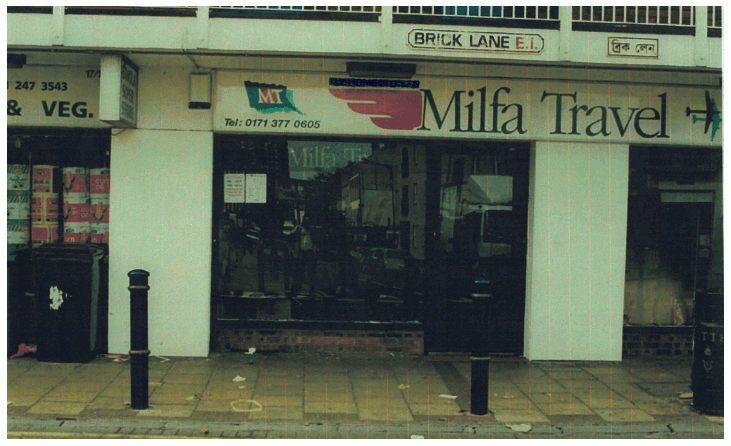Running a Shop on Brick Lane Taught Me More Than Any Business School Could

I never went to business school. I didn’t get a formal MBA. But I did get something better — a front-row seat behind the counter of a small shop on Brick Lane in the 1970s. And trust me, that shop was a university of its own.
Every lesson I’ve used to build my career — in retail, wholesale, hospitality, property, even politics — I first learned in that shop. The shelves didn’t just carry goods. They carried wisdom. The customers weren’t just buyers. They were teachers. And I wasn’t just selling — I was absorbing everything.
Here’s what Brick Lane taught me that no classroom could.
1. People Buy Emotion First, Logic Later
I used to think price was everything. Offer something cheap and people will buy it, right? Wrong.
Customers don’t just buy products — they buy stories, memories, respect.
I remember an uncle who came in regularly to buy the same cassette of old Bengali songs. He said he liked giving them away. “It reminds people where they’re from,” he told me.
He wasn’t buying music. He was buying identity. That lesson stuck with me. Every business I’ve built since then has started by asking: What does this product mean to the customer emotionally?
2. Body Language Is a Business Language
In the shop, I learned to read people — not just what they said, but how they moved. Was someone browsing nervously? They were likely new to the area. Was someone loud and impatient? They needed quick service, not conversation. Was someone lingering at the door? They might be shy or just lonely.
I didn’t need data analytics. I had human instinct.
Being able to read energy and intention has helped me in negotiations, hiring, conflict resolution — everything.
3. Cash Flow Is the Real Boss
There were weeks when the takings were tight, and I’d have to choose between restocking one product line or paying a supplier early to secure a deal. That’s when I understood what cash flow really means.
In school, they’ll give you charts. In the shop, you feel it in your gut.
To this day, I run my businesses with cash discipline. I’ve seen “profitable” companies collapse because they didn’t manage liquidity. The shop taught me to watch the till before you dream about the future.
4. There Are No Small Customers
One of my earliest regulars was a quiet guy who came in weekly to buy £2 worth of biscuits and magazines. Polite, soft-spoken, never in a rush. Some staff ignored him. I didn’t.
A year later, that man introduced me to a wholesale buyer who became one of my largest clients in my distribution business. Why? “Because you treated my uncle with dignity,” he said.
Every person who walks into your business is a door to another door. Treat them accordingly.
5. Consistency Beats Genius
I wasn’t the smartest person on Brick Lane. Not by a long shot. But I showed up. Every single day. Rain, snow, Ramadan, whatever — I was there. Open on time. Shelves stocked. Change ready. That routine, boring as it seemed, built trust.
You don’t need a revolutionary idea every morning. You need to show up, again and again, until people know they can rely on you.
That shop taught me that trust isn’t something you build — it’s something you earn through repetition.
6. Service Is the Strategy
I cleaned windows, carried bags for old aunties, fixed cassette tapes when they jammed. Not because it made me money that day, but because it made me unforgettable.
No ad campaign can replace the feeling someone gets when you serve them with genuine care. To this day, I teach my teams: If you can’t make a sale, make a friend.
Because friends come back. Sales don’t always.
Final Thoughts
Brick Lane gave me a stage. But the shop gave me my script. I didn’t need whiteboards or projectors. I had packaging tape and shelves. I didn’t need a professor — I had customers.
So, to anyone starting out: Don’t wait until you can afford a course. Your education is all around you. Every interaction is a case study. Every challenge is a module. And every mistake is a masterclass.
I may not have letters after my name. But I’ve built a career that any classroom would struggle to replicate.
And it all started behind the counter — watching, listening, learning.